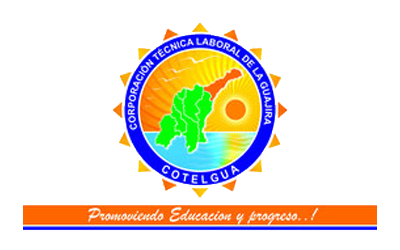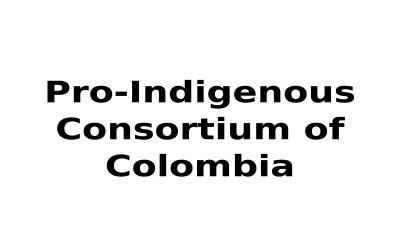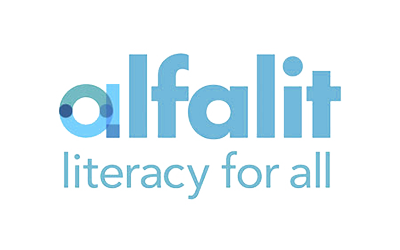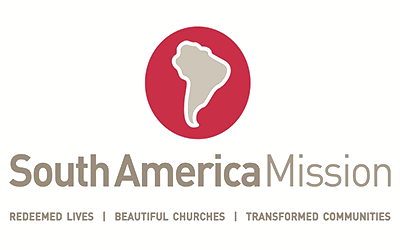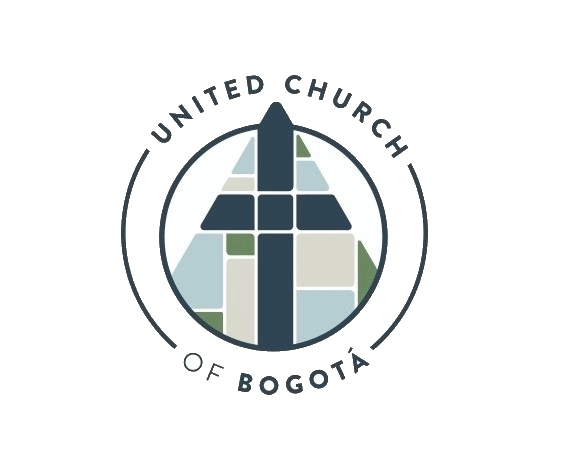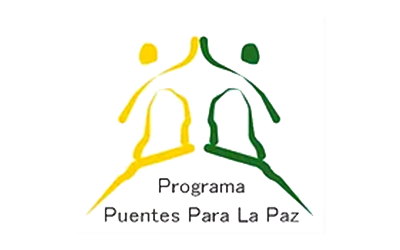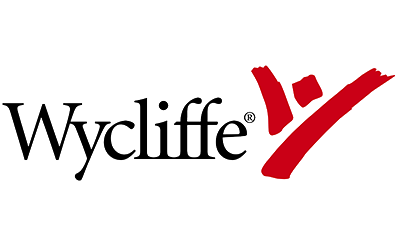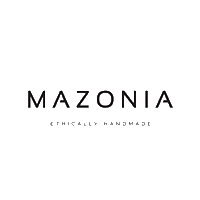To accompany communities most affected by Colombia’s historic armed conflict in their pursuit of peace, justice, reconciliation and collective well-being.
Our Mission
1To work with local leadership, and together support initiatives that seek to strengthen and rebuild community social fabric.
2To build collaborative partnerships with other private, public and religious organizations involved in Colombia’s post-agreement reconstruction effort.
3To invite groups that support our work to engage the communities we accompany, with the aim of creating space for critical reflection, mutual encouragement and transformation.
ABOUT “WAJARO”
The Wájaro Foundation (Wájaro) is a legal Colombian NGO and is run by a diverse Board of Directors that receives input from individuals and organizations with both local and international experience. Wájaro is an ecumenical and multidisciplinary organization with Christian character.
Though recently founded, Wájaro comes as a result of years of engagement with base communities – indigenous, campesino and urban – from across the Americas.
The word “Wájaro”, which comes from the language spoken by the Amazonian tribal group known as the Eduria, means “let’s go together” and captures in large-part what the Wájaro Foundation seeks to do—to walk alongside groups of people engaged in peace and justice work in difficult regions throughout Colombia.
THE COLOMBIAN ARMED CONFLICT & CURRENT PEACE PROCESS
The Colombian armed conflict has been a failure. A failure for the two largest guerrilla groups, the FARC and ELN, who, after nearly six decades of armed struggle, have moved no closer to taking power since their inception. A failure for the paramilitaries, who in 40 years of barbarous acts, have managed little success in eliminating the guerrillas, and instead have morphed into a mercenary army for the drug trade. A failure for the Colombian State which has not been able to defeat the insurgents, nor control the militias that it created.
It is due to this failure that the government has made attempts to negotiate an end to the conflict, albeit half-heartedly. Attempts to negotiate are actually implicit recognitions that there are deeper roots to the conflict which cannot be addressed with force – structural factors such as political exclusion, a weak and corrupt state, unequal land ownership and a neglected rural sector.
After roughly four years of negotiations, in November of 2016, both houses of Congress ratified the revised peace agreement thus marking a formal end to the Colombian conflict with the FARC. The contents of the agreement are largely focused on how to deal with five broad issues: comprehensive rural reform, political participation, the end of the conflict, illicit drugs, and victims. While necessary to commend the important efforts by the government to consolidate the process and push through the political firestorm to formalize the end of the conflict with the FARC, the recognition that structural factors exist that have created an environment which is conducive to violence and armed conflict, more than the signed agreements, is perhaps the real progress towards a more just and peaceful Colombia.
THE INDIGENOUS CONTEXT
The general violent conditions resulting from Colombia’s ongoing 60-year internal armed conflict and its spillover into neighboring countries, especially at the borders, have had a direct and disproportionate impact on the lives of indigenous peoples. Exacerbated by drug cartels, armed groups, and multinational companies pursuing the rich natural resources in their territories, this serious humanitarian situation has resulted in displacement, extreme marginalization and environmental degradation in indigenous communities. Of the approximately 1.5 million indigenous peoples in Colombia, it is estimated that 10% are victims of human rights violations.
Today, in all of Colombia, there is fresh hope for reconciliation as a historic truce was signed between the Colombian government and the largest armed rebel group in November of last year. Though indigenous peoples continue to suffer as a result of a war-system that can only be dismantled over the course of time, the possible emergence of a Colombia without war, creates new possibilities for the healing and strengthening of Colombia’s indigenous community.


